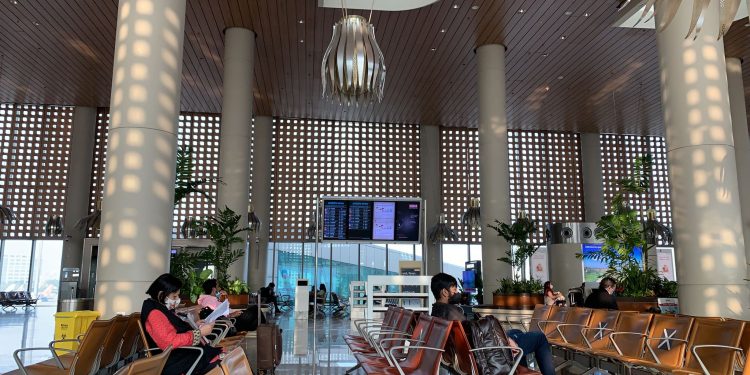India has stepped up surveillance for new COVID variants and will start randomly testing 2 per cent of international passengers arriving at its airports.
India’s Ministry of Health & Family Welfare has issued ‘Guidelines for International Arrivals’ in context of COVID-19 pandemic and updated the same from time to time. The present guidelines are being revised in light of increasing trajectory of COVID-19 cases being noted in some countries across the world.
The new guidelines will come into effect from 10 AM on 24 December 2022.
“The global pandemic is not yet over. The virus is changing its face from time to time,” Mansukh Mandaviya, India’s health minister told parliament on Thursday as the country steps up surveillance for new coronavirus variants.
“Considering the upcoming festival season and New Year, states have been advised to keep up awareness of hand hygiene and the importance of masking,” Mandaviya said.
Under the new directives, international travellers will be subject to random testing upon arrival at all ports of entry. Minors under 12 years of age are exempt from post-arrival random testing. Officials will require symptomatic arriving passengers to segregate from other passengers and isolate at a designated facility; the quarantine time frame will vary by state. The government has also advised that persons traveling to India be fully vaccinated.
Visitors to the iconic Taj Mahal will now be required to undergo a COVID-19 test before they enter.
India is reporting an average of 153 cases of COVID every day, Mr Mandaviya said. The country currently has 3,402 active cases, according to data from the health ministry.
The government earlier this week asked India’s states to keep a lookout for any new variants. It urged people to wear masks in crowded areas, citing an increase in COVID-19 cases in China and other parts of the globe.
With more than 44 million COVID cases to date, India has reported the most in the world behind the United States.









